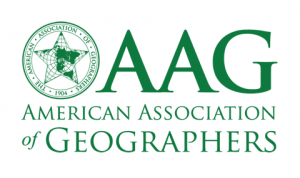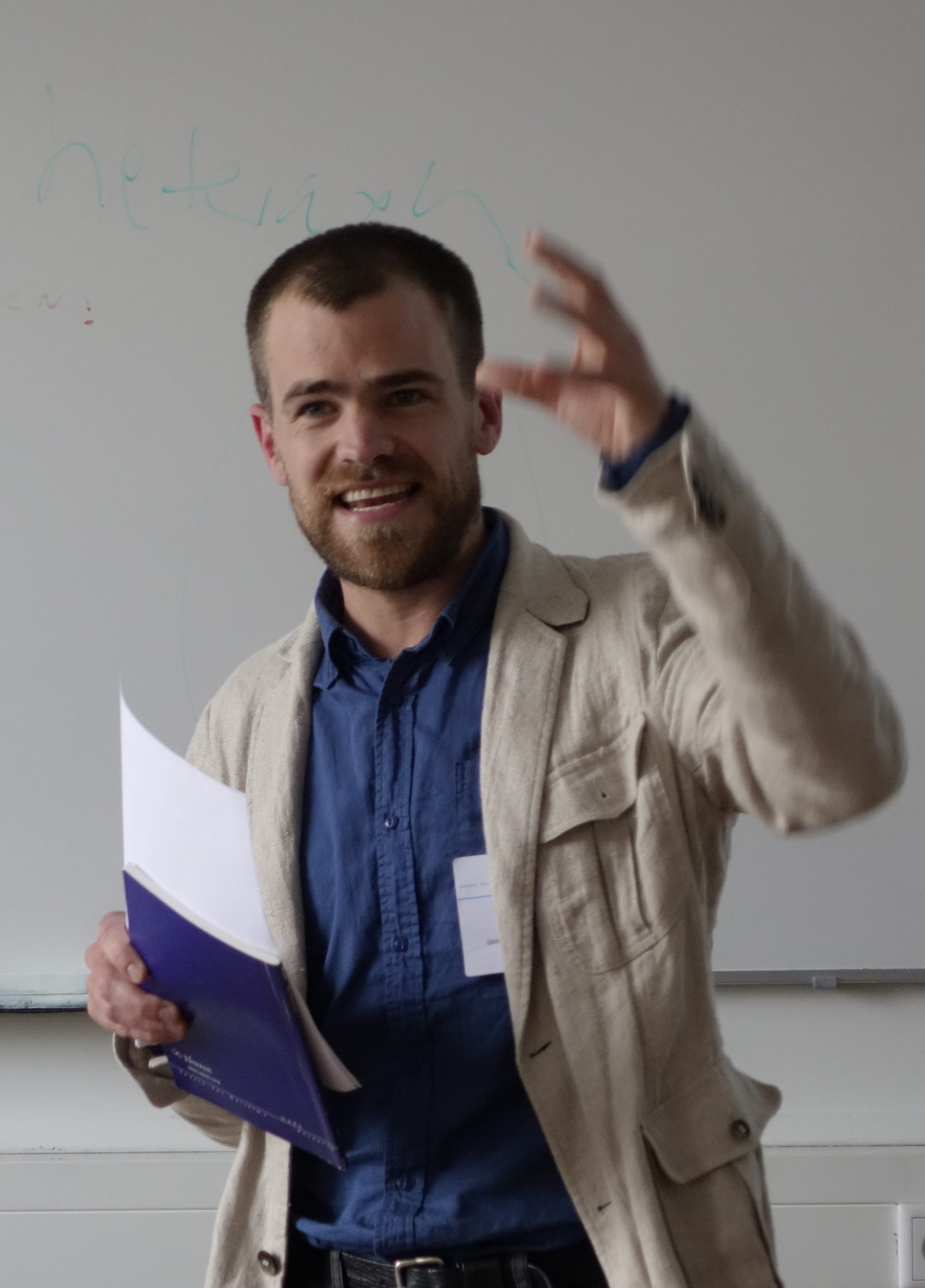 From March 29th to April 2nd, 2016 thousands of geographers from across the world gathered in San Francisco to take part in the bustling annual meeting of American Association of Geographers (AAG). With over 1000 panels, meetings, plenaries, special lectures, symposia and poster sessions, the conference offered a seemingly endless playground for geographers, and removed any possible suspicion of being a fading discipline. While possibilities for attending panels like “Theory, Methods and Practice in the Geographies of Beer”, or “Sex and the City: Reactionism, Resistance and Revolt” sounded alluring, for those primarily interested in fisheries or oceans there was a nice range of panels, of which I will highlight a few.
From March 29th to April 2nd, 2016 thousands of geographers from across the world gathered in San Francisco to take part in the bustling annual meeting of American Association of Geographers (AAG). With over 1000 panels, meetings, plenaries, special lectures, symposia and poster sessions, the conference offered a seemingly endless playground for geographers, and removed any possible suspicion of being a fading discipline. While possibilities for attending panels like “Theory, Methods and Practice in the Geographies of Beer”, or “Sex and the City: Reactionism, Resistance and Revolt” sounded alluring, for those primarily interested in fisheries or oceans there was a nice range of panels, of which I will highlight a few.
A series of sessions on “Emerging Issues in the Governance of Ocean Spaces” organized by the TBTI members Nathan Bennett and Katherine Seto provided fertile ground to engage with the politics of maritime spaces. Amongst others, Elizabeth Havice spoke enthusiastically about the construction of national sovereignty of ocean spaces, Nathan Bennett questioned whether ‘ocean grabbing’ could be a fruitful term to conceptualize dynamics of dispossession in maritime environments; Katy Seto explored the drivers of inter-sectoral conflicts at sea, Peter Vandergeest presented research about the recent attention on the issue of slavery in Thai fisheries, while Noëlle Boucquey presented fascinating work on how ocean data portals imagine and construct ocean spaces in problematic ways. In another contribution, TBTI member Elena Finkbeiner, together with a group of Stanford colleagues, was keen to break once and for all with the persistent popularity of the misleading Malthusian myth of “too many fishers chasing for too little fish”. Putting together a range of convincing arguments against the perverse politics embedded in the imagery of overcrowded coasts, they hope to stimulate reflective discussion with fisheries scientists and conservationists.
On behalf of t he TBTI’s Transboundary Interactions Research Cluster, I presented a paper entitled “Crossing the Seas: from 'Boundaries' to 'Transboundary' in fisheries: research and governance implications”. Our enquiry dealt with the remarkable proliferation of boundaries in ocean spaces over the last few decades. This has resulted not only in a plethora of spatial and institutional mismatches, but also in what we call the ‘boundary paradox’: the more boundaries being drawn the more transboundary movements and transboundary interventions required. This paradox has produced a steadily expanding ‘transboundary’ scholarship in the fisheries domain, which we structured into a novel typology. In the coming months, we hope to solicit wider interest and contributions from cluster members to make sense of the various ways in which small-scale fishers are entangled with and respond to transboundary realities including boundary-making processes. Please look out for a call for contributions bringing together case studies from around the world.
he TBTI’s Transboundary Interactions Research Cluster, I presented a paper entitled “Crossing the Seas: from 'Boundaries' to 'Transboundary' in fisheries: research and governance implications”. Our enquiry dealt with the remarkable proliferation of boundaries in ocean spaces over the last few decades. This has resulted not only in a plethora of spatial and institutional mismatches, but also in what we call the ‘boundary paradox’: the more boundaries being drawn the more transboundary movements and transboundary interventions required. This paradox has produced a steadily expanding ‘transboundary’ scholarship in the fisheries domain, which we structured into a novel typology. In the coming months, we hope to solicit wider interest and contributions from cluster members to make sense of the various ways in which small-scale fishers are entangled with and respond to transboundary realities including boundary-making processes. Please look out for a call for contributions bringing together case studies from around the world.
In another session put together by Wesley Flannery, a group of panelists explored a research agenda for a 'Radical' Marine Spatial Planning' (MSP). Moving radically away from the notion that MSP entails a rational apolitical scientific process, they explored and advocated a form of MSP that foregrounds human wellbeing, and is geared at a fairer distribution of the ocean’s wealth.
While these were valuable sessions indeed, the attendees couldn’t avoid the impression that marine and maritime issues occupied a somewhat marginal position in the world of geographers; in fact only 1,5% (96 out of roughly 6600) of the abstracts contained the word ‘marine’ or ‘maritime’. As the discipline of geography and related fields like political ecology/economy are vital to the study of small-scale fisheries – and perhaps also vice-versa – there seem to be fine opportunities for TBTI researchers at the future AAG meetings.
Personally, what I found of interest is that the Annual Meeting featured the critical theme “Thriving at a time of Disruption in Higher Education”. This allowed not only for reflections on the future of geography education, but also for critical reflection and debate on the neoliberalization of universities, the increased importance on grantsmanship, and the proliferation of benchmarking by criteria that many scholars themselves actually find rather questionable.
Written by: Joeri Scholtens (University of Amsterdam; J.scholtens@uva.nl)















